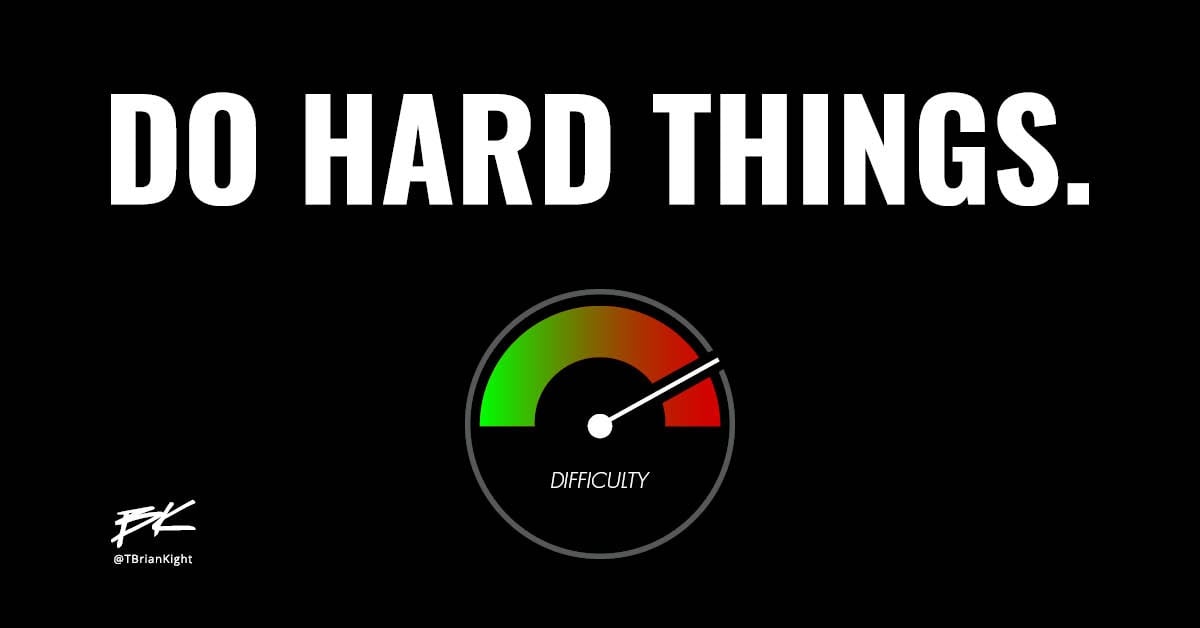I find it sad and alarming how rarely people hear their thoughts, feelings, and needs accurately expressed back to them by someone who has listened and understood.
Even more alarming is how many people have never experienced that. Literally never, not once, from anyone.
What all of us have experienced is false assumptions and inaccurate judgments. We’ve all been the recipients of an unfavorable opinion based on misinterpretations of what we thought, felt, or needed.
Our most common experience is other people misinterpreting us without checking or confirming whether they interpreted us correctly. They jump to a reaction, criticism, or judgment before we can course correct. When we try to clarify, people tend to defend their interpretation rather than ask us what is going on within us.
That’s not to say we are innocent. Just as others do this to us, we are guilty of doing it to others.
The product of this repeated experience is a default impulsive defensiveness. It becomes our learned way to protect ourselves from being misinterpreted, mislabeled, and inaccurately judged.
Does learned defensiveness achieve the goal of correcting misinterpretations and strengthening good opinions of us? No, it does not. Defensiveness reinforces the misinterpretations that prompted it.
The impulse for defensiveness runs strong and deep. But it rarely changes the opinions or conclusions of those leveling the criticism. Then again, that is not the purpose of defensiveness.
The core purpose of defensiveness is to protect the defender's internal identity. While the surface goal is to change other people’s opinions, the real goal is to not allow someone else to label and define us.
How can we minimize other people’s defensiveness as well as our own?
I’ll start that conversation on Monday. See you then!
Brick by brick. Do the work.

.jpg)
Share your thoughts